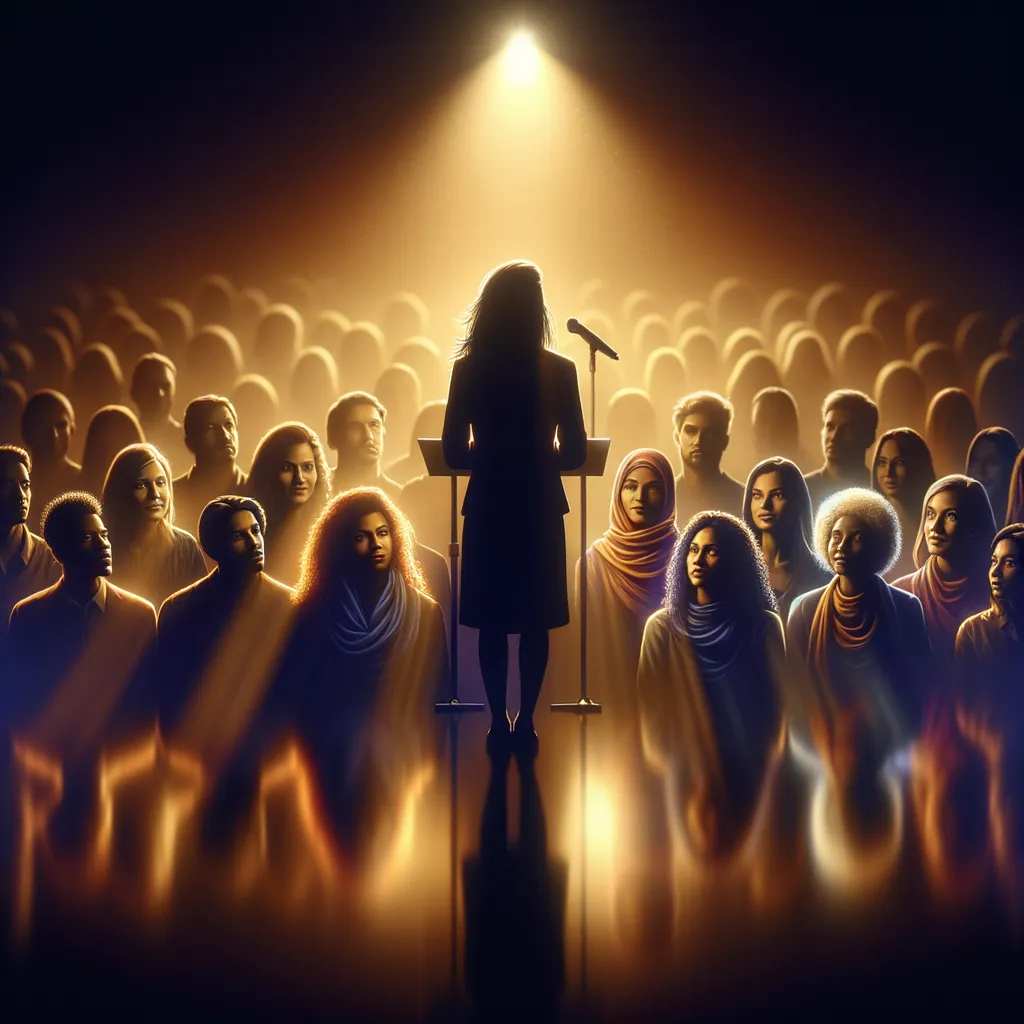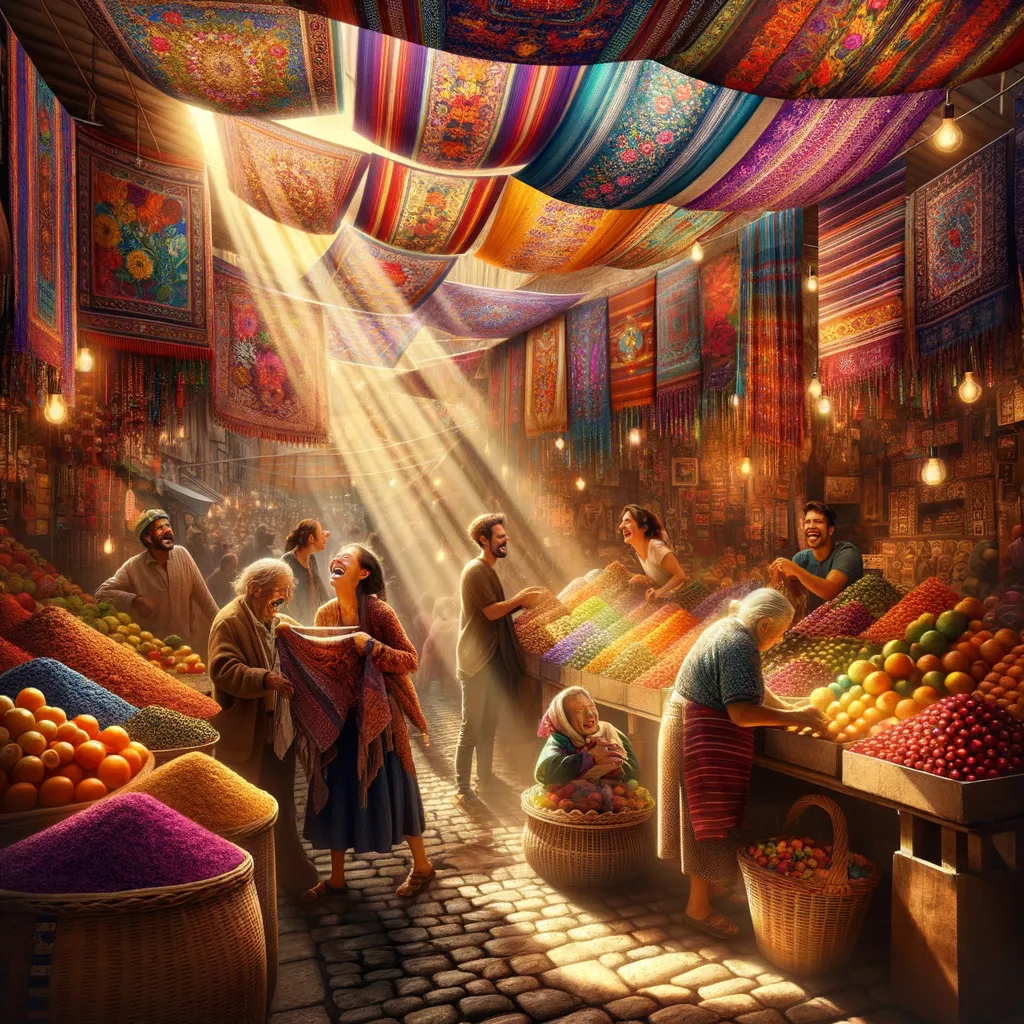Unveiling Regrets: A Journey to Shared Humanity
In the gentle embrace of spring, a seemingly ordinary day in the park transformed into a canvas of hidden stories waiting to be unveiled. As laughter danced through the air, an unexpected depth of regret simmered beneath the surface, compelling one to ponder the untold narratives of those nearby. What if, for a fleeting moment, we could glimpse the unfulfilled dreams and whispered longings woven into each person’s existence? This daydream of shared vulnerability sparked a revelation: that compassion could bloom from understanding, allowing us to bridge the gaps created by our individual struggles. As twilight fell, a profound question lingered in the air: could embracing the regrets of others lead to a kinder, more connected world, where our shared humanity became the true tapestry of life?
In the memory of April 20, 2009, I found myself ensconced in the gentle embrace of spring, where the air was thick with the scent of blooming lilacs and the sweet, tentative warmth of the sun. It was a day like any other, yet beneath its ordinary surface lay an undercurrent of something profound waiting to unfurl. As I ambled through the park, a sense of discovery whispered through the rustling leaves, inviting me to ponder the hidden narratives of those who surrounded me. Each face, a canvas painted with unspoken stories, bore the weight of choices made and paths not taken.
The park was alive with laughter, yet in the background, I could sense the quiet ache of regret lingering just beneath the surface. Children raced with abandon, their joy a stark contrast to the solemnity that seemed to envelop the older generations. It struck me, then, how easily one could overlook the deeper currents that run through the lives of those we encounter. What if, for just one day each month, we could see the regrets that others carried within them? What if the air shimmered with the unfiltered truths of our collective hearts?
Imagining this possibility, I felt a strange mix of curiosity and trepidation. Would the world become a softer place? Perhaps. The weight of shared human experience could lead to empathy, allowing us to connect on levels often obscured by surface pleasantries. I envisioned a myriad of colors swirling around each person, vibrant hues of dreams unfulfilled and shadows of what could have been. A tapestry woven from the threads of longing, mistakes, and missed opportunities, all waiting to be acknowledged.
As I continued my stroll, my mind danced with the idea of those regrets materializing, unveiling the fragility of the human experience. An elderly man sitting on a bench, his gaze lost in the distance, might reveal a lifetime of love letters never sent, or a mother with weary eyes could unveil dreams of distant adventures forsaken for the sake of family. Each revelation could serve as a reminder that we are all caught in the delicate web of our choices, tethered by the weight of our desires and fears.
Yet, there was an unexpected beauty in this imagined awareness. What if, instead of judgment, we chose to respond with compassion? The act of seeing another’s regret could transform our interactions, softening our perspectives as we realized that every encounter was tinged with shades of vulnerability. The man who cut in line at the coffee shop, perhaps driven by a desperate need for connection, or the friend who forgot an important date, haunted by their own swirling chaos. In recognizing the struggles of others, we could find a sense of unity in our shared imperfections.
As the sun dipped lower in the sky, casting long shadows across the park, I felt a surge of hope. The idea of collective understanding could serve as a balm for our often-fractured relationships. Imagine a world where compassion ruled, where we could embrace our shared humanity instead of retreating into isolation. The weight of regret, once a source of division, could become a bridge to deeper connections, fostering an environment rich with understanding and support.
But what of the regrets that remained hidden? Those that festered in the corners of our minds, refusing to be acknowledged? Perhaps there was a lesson in those unspoken thoughts. They hinted at the importance of self-reflection and acceptance, urging us to confront our own regrets rather than simply projecting them onto others. In this light, the imagined ability to see others’ regrets also beckoned a call to examine our own hearts, to peel back the layers and face the truths we often hide.
As the day surrendered to twilight, I felt an echo of something transformative. This vision of shared vulnerability could serve as a catalyst for change, not only within ourselves but also in the world around us. It beckoned the possibility of empathy as a guiding principle, urging us to embrace our imperfections and those of others. In this interplay of light and shadow, perhaps we could forge a path toward a more compassionate existence.
In the end, as I walked home under the canopy of stars, I couldn’t help but wonder how our lives might shift if we were to embrace this extraordinary awareness of collective regret. Would we cultivate a kinder world, or would the weight of others’ disappointments become too burdensome to bear? Would we choose to soften our perspectives, or would we remain locked in the armor of our own experiences? As the night deepened, the question lingered, inviting reflection and connection: How might our lives change if we dared to see the regrets of others as mirrors reflecting our shared humanity?
In the delicate dance of springtime, hidden stories and unspoken regrets weave a tapestry of shared humanity, inviting a deeper understanding that could transform every encounter into an act of compassion.



